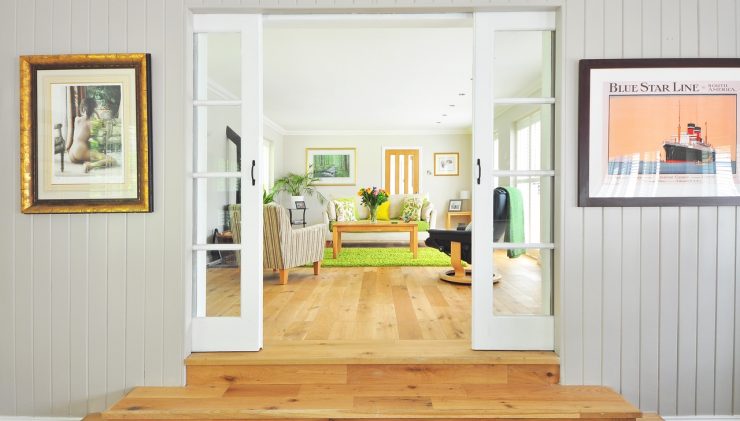 Life Insurance: Why Millennials and Gen Z Are Securing Protection Now
Life Insurance: Why Millennials and Gen Z Are Securing Protection NowToday’s sharing economy has given us companies such as GoFundMe, Uber, and Airbnb, and is changing the way people connect to the services they need. That includes home rentals.
In the past, people only rented out their second homes. Now, some people occasionally rent their primary home, or a room in their home to earn some extra cash. This is especially common during vacation seasons or during local events when there is strong demand for short-term rentals.
Thinking of renting all or part of your home on a short-term basis? Before you take the leap, be aware of the potential risks.
Insurance exposures
The risks of renting your home can be costly – even disastrous – especially if you’re not properly prepared. Consider just a few of the most common exposures:
- Renter injuries. What happens if your renter or one of their guests falls down a flight of stairs at your vacation home and gets injured?
- Property damage. What if the renters accidentally start a fire or leave the water running and flood your house? Worse yet, what if they throw a wild party and your house is vandalized and trashed?
- Liability. What if someone drowns in your swimming pool or causes a fatal accident while drinking and driving after attending a party at your house?
- Income instability. If your home was damaged and you were unable to live in it, or rent it out, during repairs, what would you do?
Coverage scenarios
The insurance implications of these scenarios can vary depending on the terms of your insurance policy. Most homeowners insurance policies fall into these two categories:
- NO COVERAGE: Many homeowners’ insurance policies don’t include any coverage for rental exposures. That means if you don’t have special coverage, you’ll be footing the bill in the startling scenarios above. In general, liability lies with the owner for theft, damages, and injuries. If you should get caught up in a liability suit, the legal fees could be financially devastating.
- COVERAGE ONLY IF RENTING IS KNOWN: Some homeowners polices will continue covering your dwelling and personal liability once you inform them your home will be rented. Some will exclude your possessions while your home is being rented and typically won’t cover your tenants’ belongings.
Bottom line: Carefully check your policy’s specific language before you decide to rent out all or part of your home. Also, ask your agent and the property management company you work with if they can supplement your homeowners insurance policy with a short-term vacation rental insurance policy.
Additional precautions
Even with the right insurance, bad things can happen. You can reduce your risk by taking the following precautions:
- Carefully screen potential tenants.
- Create and prominently display a list of house rules and precautions.
- Require a security deposit.
- Give tenants space for their belongings by decluttering and removing personal items.
- Lock up your computers, sensitive documents and valuables or remove them from the home during the rental period.
- Keep the home well maintained and in good condition, and document your maintenance activities. You want to be able to prove that you took reasonable care to provide a safe environment.
- Check on the property regularly either in person or by using a third-party cleaning or maintenance company.
Renting your home is a big responsibility, and it can become a costly liability if you’re not prepared and protected. Make sure you’ve taken the necessary precautions to make it a profitable venture. Want to make sure you have the proper insurance coverage in place? Contact your Heffernan Insurance agent today.



